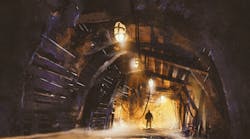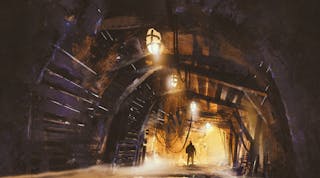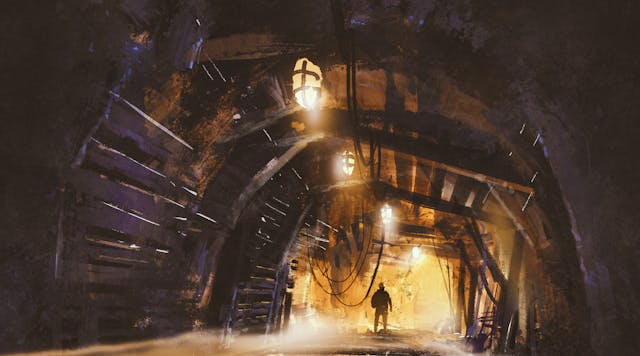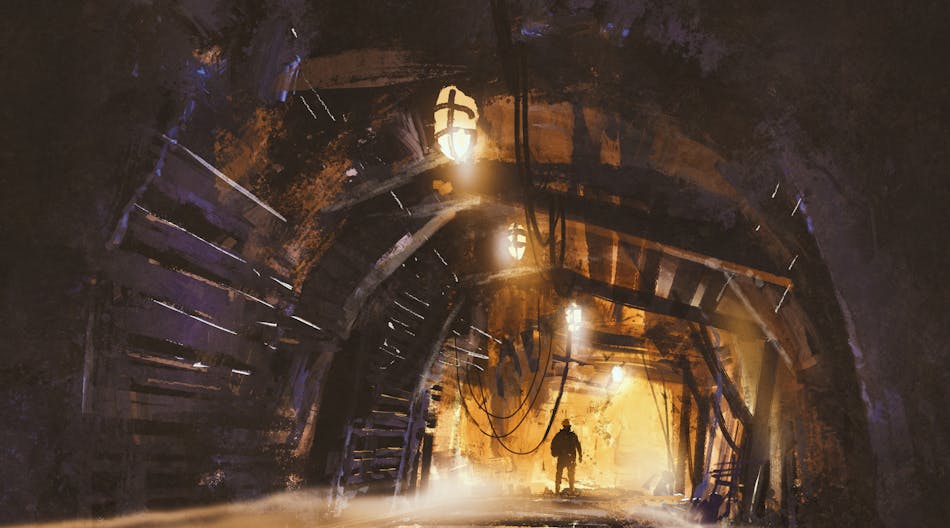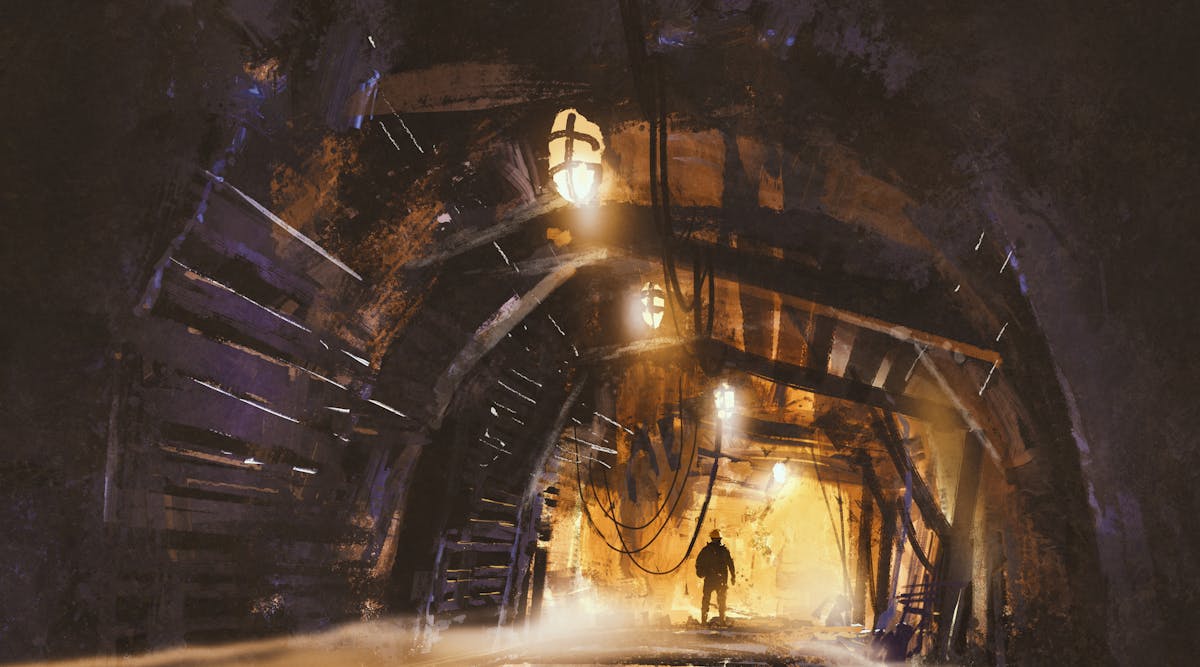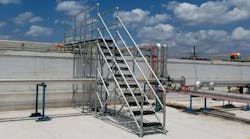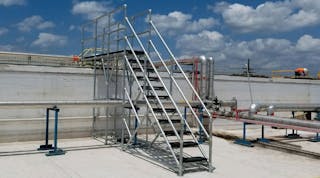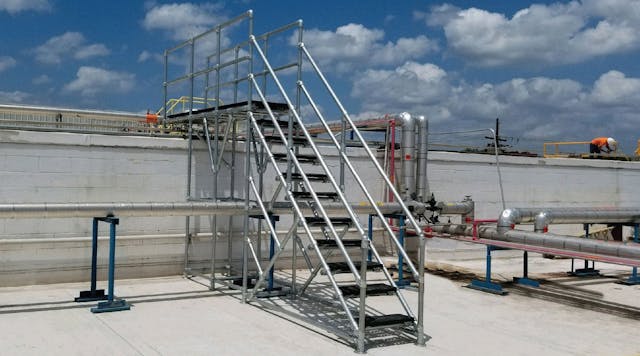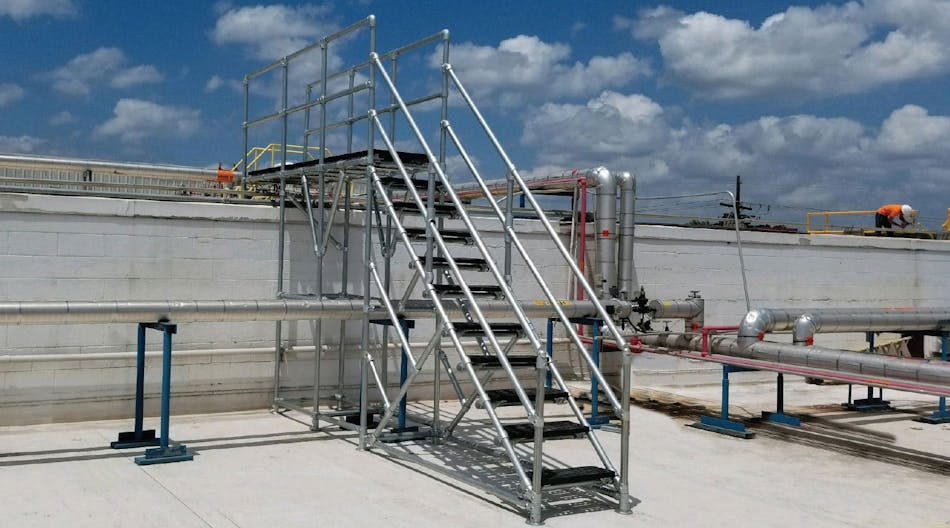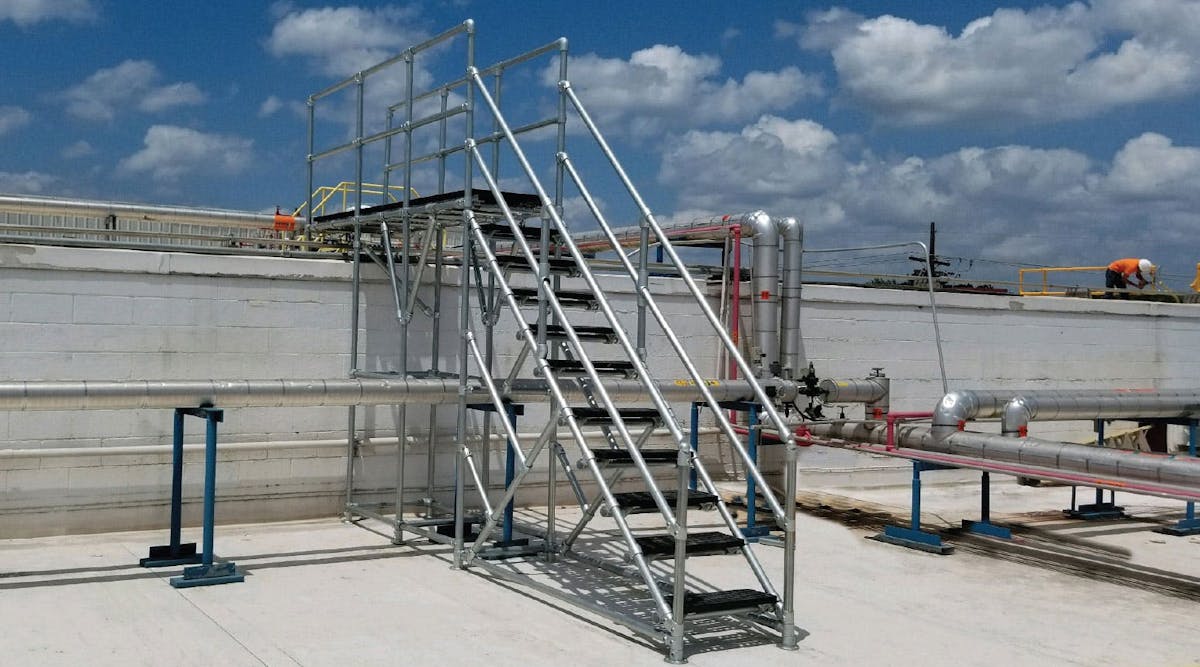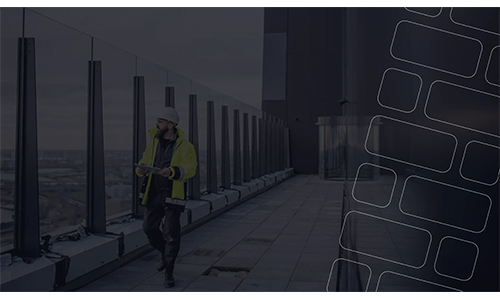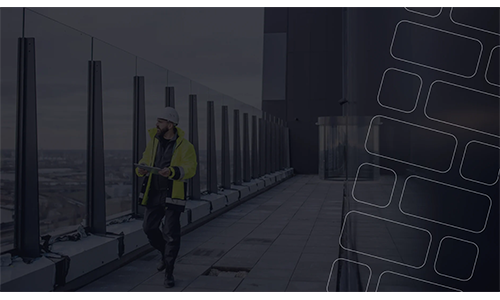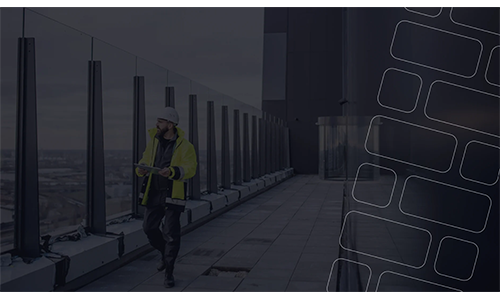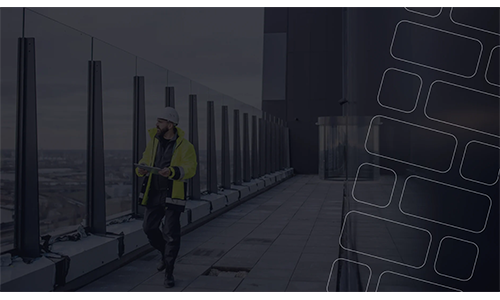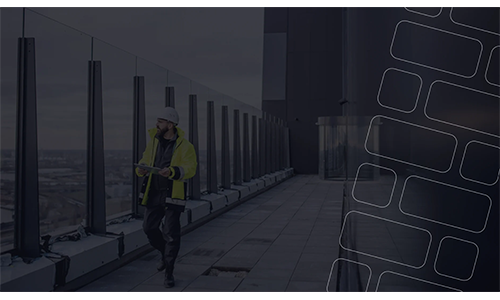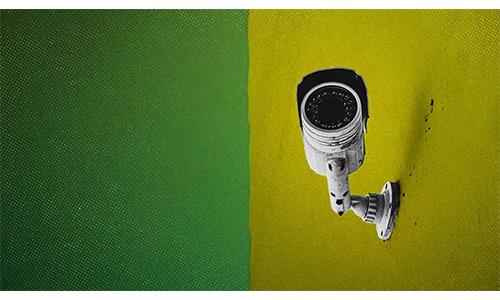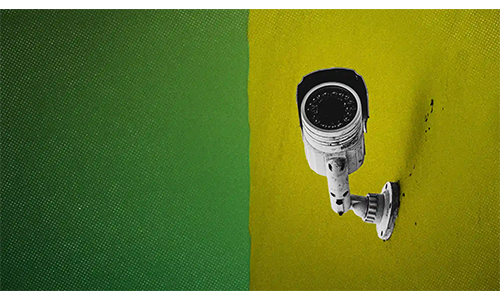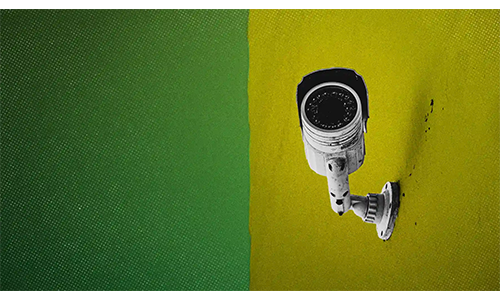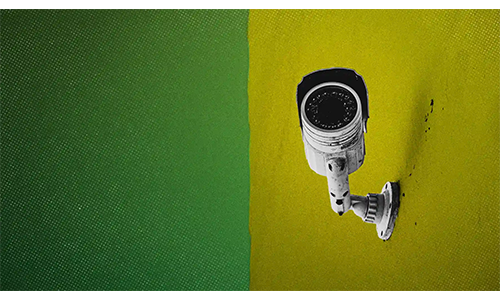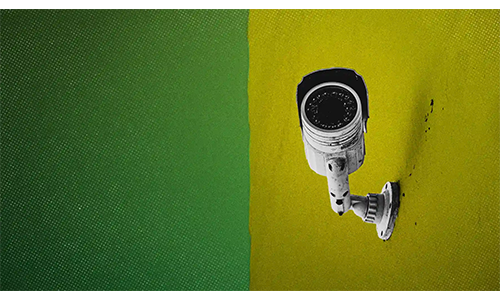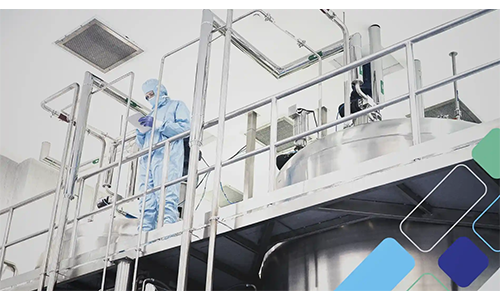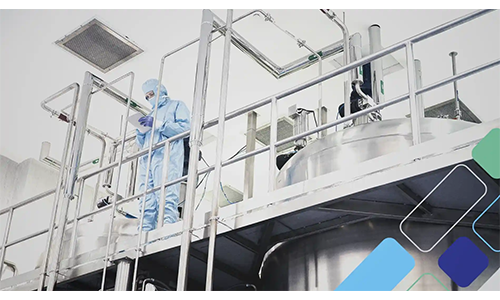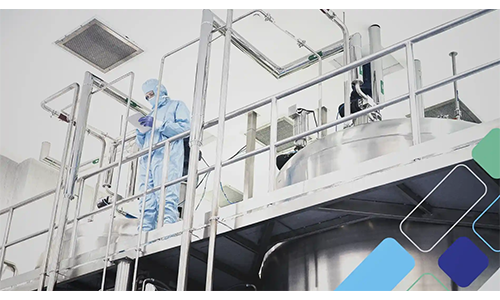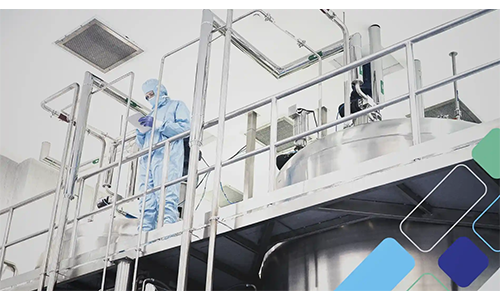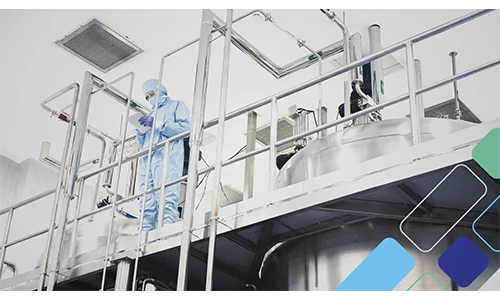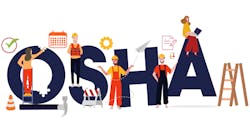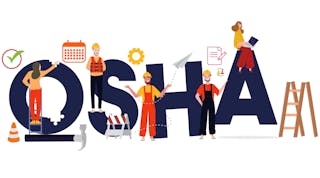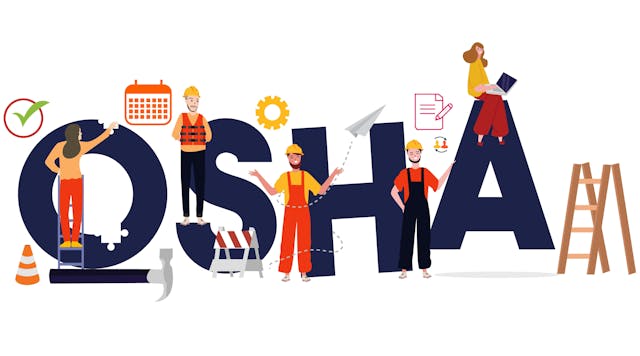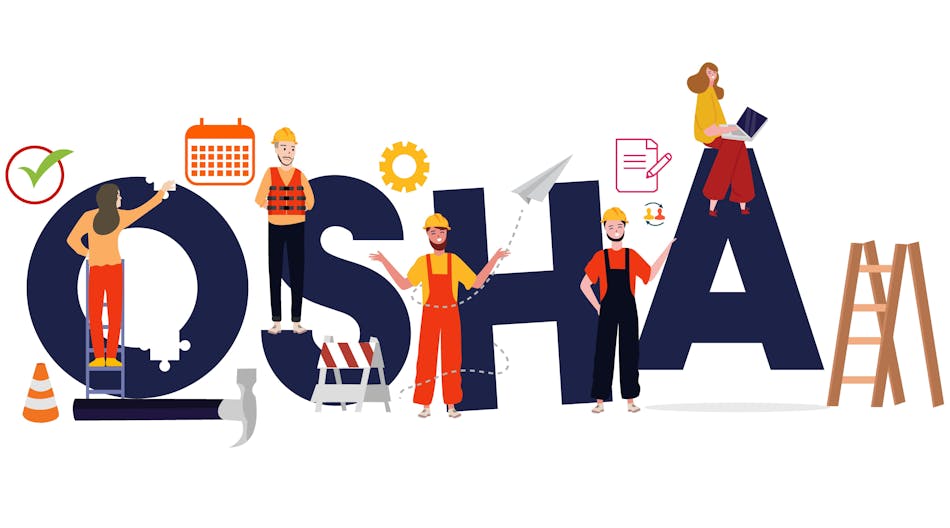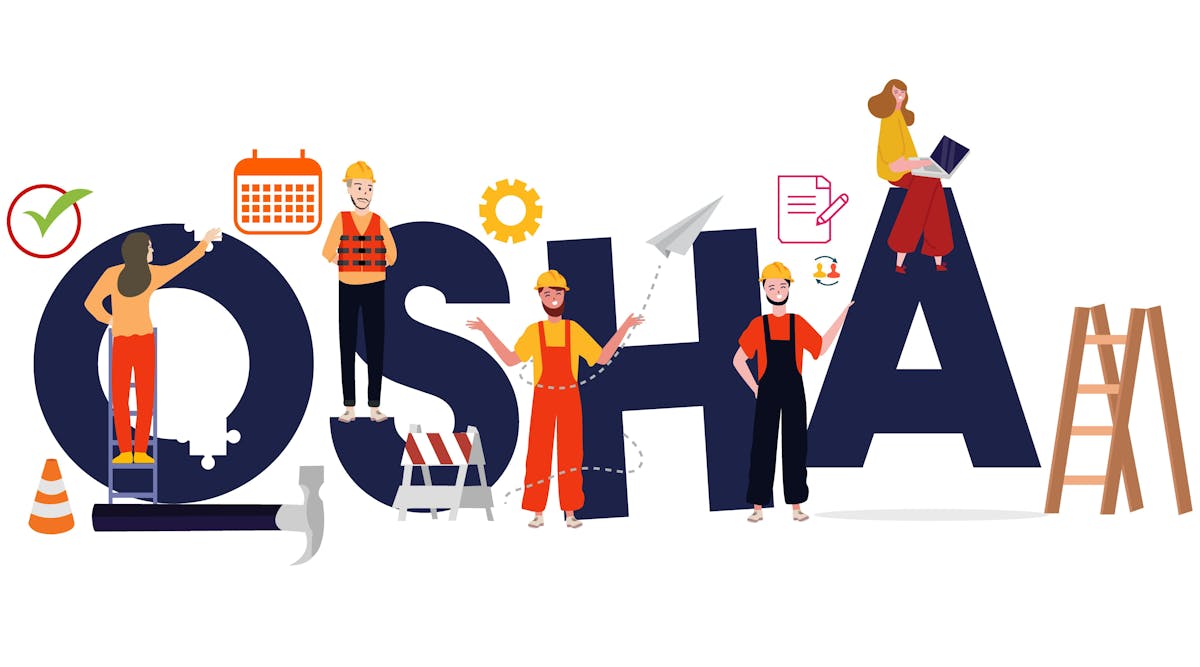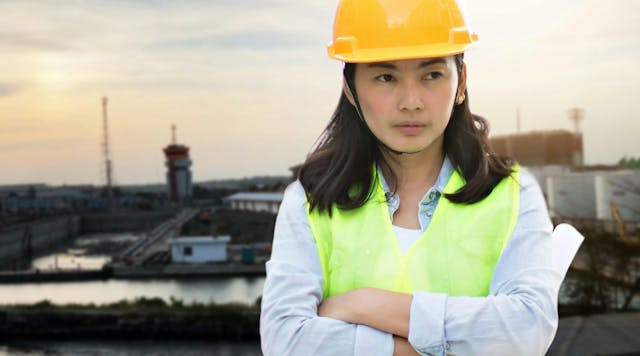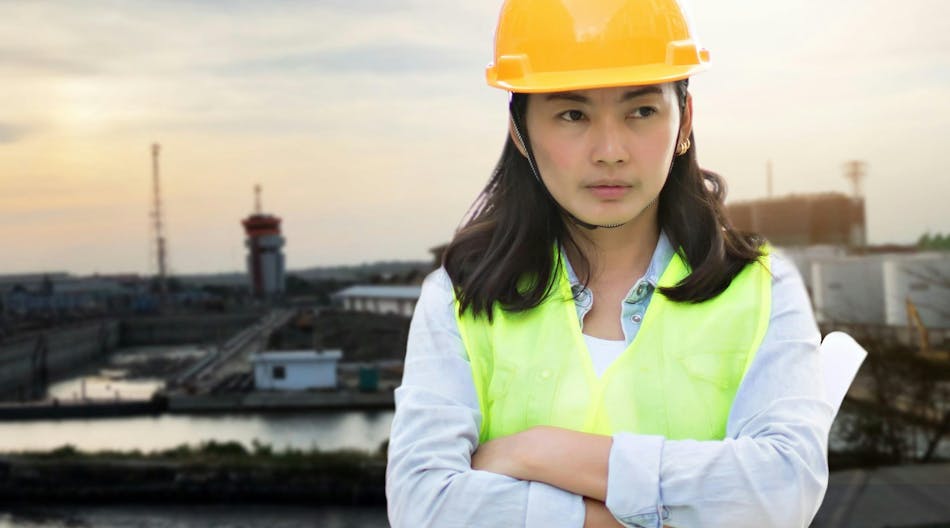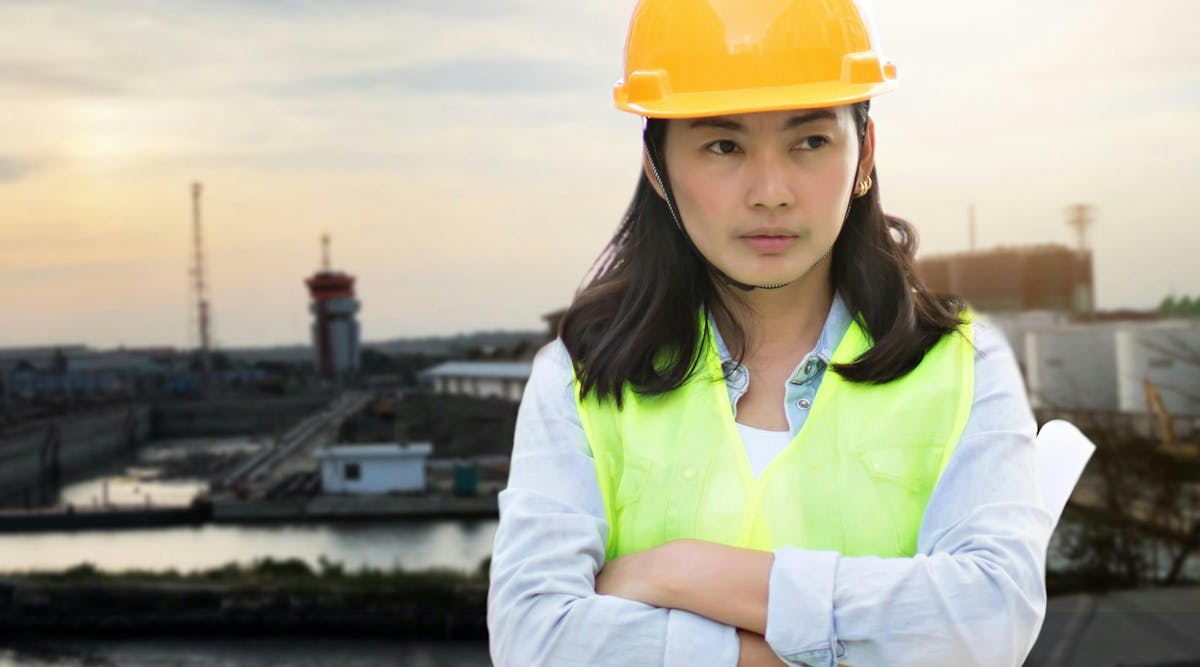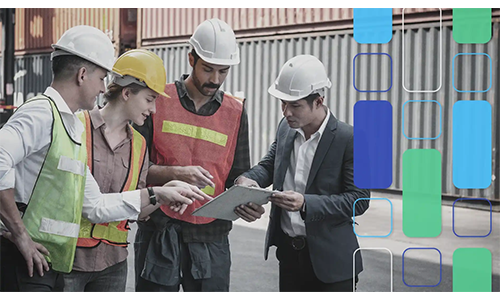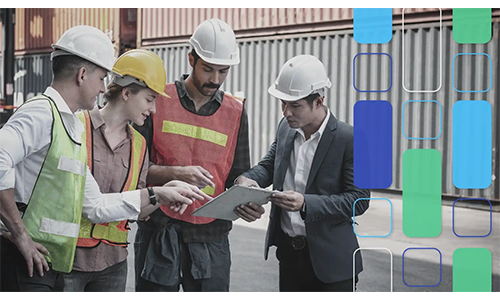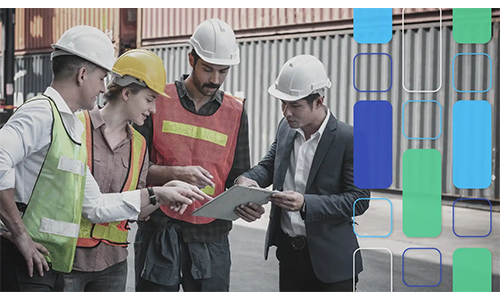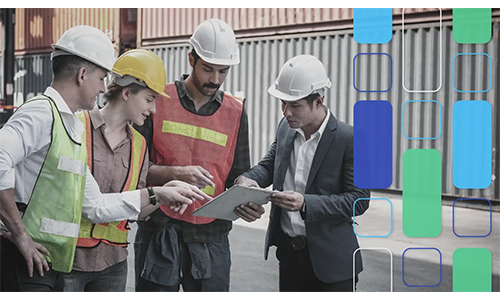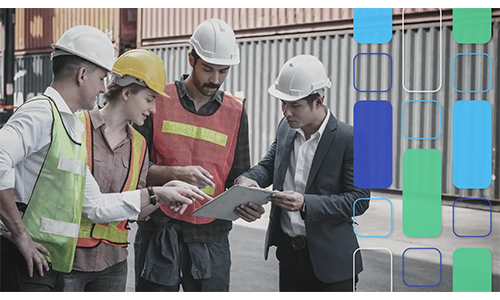Working alone is a risk outlined in MSHA 30 C.F.R. 56.18020. It states:
No employee shall be assigned, or allowed, or be required to perform work alone in any area where hazardous conditions exist that would endanger the employee's safety unless the employee can communicate with others, can be heard, or can be seen.
Despite this policy, five miners died alone on mine property in the first three months of 2017. Because of this, MSHA has launched a campaign to draw attention to the hazards of working away from others.
“Mine operators should have procedures in place so they can account for the whereabouts of every miner, at the beginning of the shift, while they are working and at the end of the shift,” said Patricia W. Silvey, deputy assistant secretary of labor for operations. “They should assess whether a particular task can be safely completed by a miner working alone, and always follow established communication practices.”
The initiative is asking MSHA inspectors and training specialists to engage miners and mine operators in “walk and talks” during regular inspection visits. The talks will emphasize accounting for all workers at all times and providing operators with best practices for working alone.
MSHA splits accident statistics into two categories: coal and metal and nonmetal (MNM).
In the coal mining industry, two workers who died were working alone. The first accident occurred on Jan. 26 when a 42-year-old miner was fatally injured after contact with a moving drive roller. According to MSHA, the worker was positioned between the guard and the conveyor belt drive when he came in contact with the shaft of the belt drive roller.
A 43-year-old plant attendant sustained the second fatal injury in coal mining on Feb. 27 when he fell through a 27-in. opening in a plate press. The attendant was standing on a ladder to repair a damaged plate when he fell 19 ft. onto a moving belt. The victim was found in a transfer chute, approximately 55 ft. down the belt from where he had fallen, according to the agency.
In MNM, all three fatal accidents so far in 2017 have involved workers who had been alone or unattended while on the job.
A miner was found deceased on Jan. 25 in an underground limestone mine shaft after other miners discovered he did not exit the mine at the end of the shift. The worker was located under material that had fallen from the rib in an area of the mine that had been barricaded to prevent entry due to bad roof and rib conditions, according to MSHA.
The second fatality transpired on March 14 when an independent owner/operator truck driver was engulfed by sand falling out of the dump trailer while the trailer was in the raised position.
Just ten days later, Friday, March 24, a worker in a separate accident exited his personal flat bed truck, which he left running in sixth gear, to turn off the genset, or diesel generator. The truck moved forward and pinned the worker against the genset building. The driver was not found until the following Monday, March 27.
As a result of these fatalities, MSHA released some best practices miners can follow to prevent accidents:
• Think about the task: Does the miner have adequate training, knowledge, skills and equipment to do the job safely? Does the miner need help to complete the job?
• Always inform a responsible person where the miner will be working and traveling in the mine.
• Before beginning any task, identify the hazards.
• Don’t take shortcuts.
• Use customary check-in/check-out procedures.
The agency originally released a safety alert in January after two of the fatal incidents involving miners working alone occurred within 24 hours of each other.
